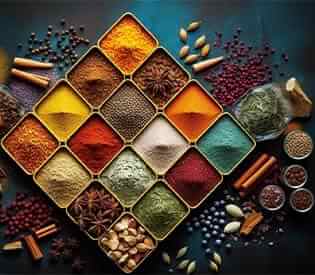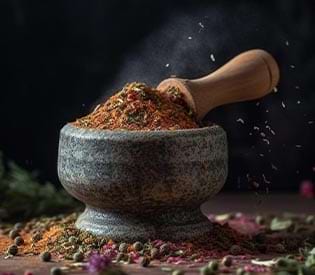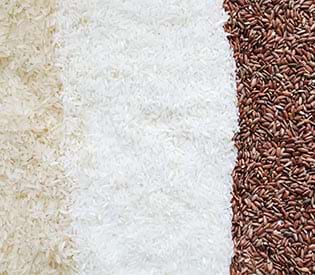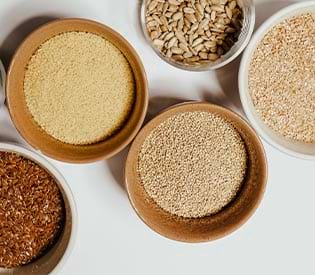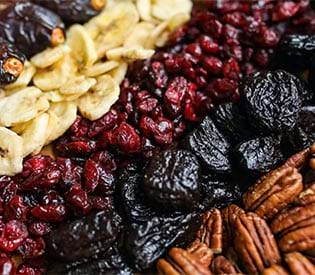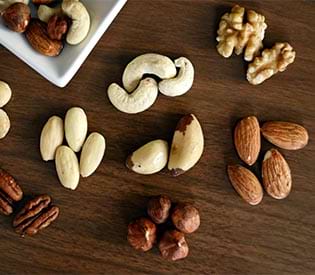Patchouli Leaf
📦🚚 Fast & Free shipping on all orders
What is a patchouli leaf?
The fragrant flowering plant known as patchouli (Pogostemon cablin) belongs to the mint family (Lamiaceae). Its leaves are a source of essential oil, which is used as a scent in cosmetics, incense, and fragrances. Native to tropical Asia, patchouli is extensively grown there and has been valued for its essential oil for ages.
The shrubby perennial patchouli plant may reach a height of one meter (3 feet). The big, aromatic leaves are borne oppositely along the spreading stems, with an approximate oval shape with uneven teething. The leaves and stems have a lot of hair on them. The tiny, light purple to white blooms have long stamens and are grouped in thick, fuzzy spikes. Cuttings are often used to propagate the plants.
How do I use Patchouli Leaf?
It is not advised to take patchouli orally except under medical supervision; however, if applied topically to the problematic region, a tea derived from the leaves may be used to treat psoriasis, acne, dry skin, fungal infections, dermatitis, dandruff, and eczema.
Patchouli leaf benefits:
Patchoulican's depressive, antiseptic, astringent, diuretic, febrifuge, insecticidal, and tonic qualities are responsible for its advantages. The unique scent of patchouli oil is characterized as woody, sweet, and spicy.
◉ Antidepressant: Because of its ability to treat depression, patchouli oil is often used in aromatherapy. Patchouli oil inhalation stimulates the release of dopamine and serotonin due to its hormonal effects. These chemicals lessen anger, anxiety, and unease.
Patchouli oil generates a calming ambiance, which is why it's often used during prayer. To get this advantage, just add five drops of patchouli oil to an oil burner or diffuser. Even using ten drops of patchouli oil in a warm bath is an option.
◉ Reduces Inflammation: Because patchouli oil has antiphlogistic qualities, it may reduce inflammation inside the body. Since inflammation is the primary cause of most diseases, patchouli oil may treat both exterior inflammation, which can be seen in skin infections or irritations, as well as internal inflammation, which can be found in disorders like gout and arthritis.
Apply five drops of patchouli oil to your hands and use them to massage your lower back, foot, stomach, or any other region that is irritated or inflamed.
◉ For weight loss: There are lists of beneficial essential oils for weight reduction that include patchouli oil. Although human trials have not been conducted to assess this, a small 2006 study in rats examined the impact of patchouli oil inhalation on variables such as body weight and food consumption.
Researchers found no difference in the body weight or food intake of rats that inhaled patchouli oil and those that did not.
◉ Helps Metabolic System: Being a tonic, patchouli oil helps to tone your intestines, stomach, and liver. This affects your digestive system by improving your capacity to break down food and absorb nutrients.
According to studies on animals, patchouli oil may increase your energy and support healthy bodily functions because of these metabolic advantages. Using an oil burner or diffuser to inhale patchouli oil may have a significant impact. Additionally, patchouli oil is available as a nutritional supplement. Try putting one or two drops in a glass of water or a cup of tea.
Where can I buy patchouli leaves?
Buy patchouli leaf from the health food store in the USA, Alive Herbals
Patchouli leaf information (at a glance):
| Product Name | Patchouli Leaf |
| Scientific Name | Pogostemon cablin |
| Country of Origin | It is native to the Philippines and Malaysia. |
| Ingredient | Patchouli Leaf. |
| Taste & Aroma | Aroma: earthy, spicy, and slightly sweet aroma. Taste: similar to a dark, sweet wine. |
| Shelf Life & Storage | Shelf Life is about 06 - 24 months. Store it in an airtight container in a cool, dry place and prevent sunlight exposure. |
| Precautions | We requested you, Before consuming spices, herbs, teas or any kind of natural products you consult an expert qualified healthcare practitioner or herbalist. |
| Note | This product information has not been appraised by the Food and Drug Administration (FDA). This information is solely intended for educational purposes. |

